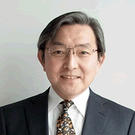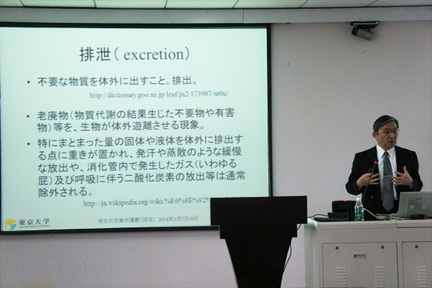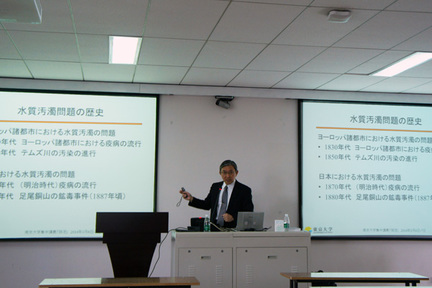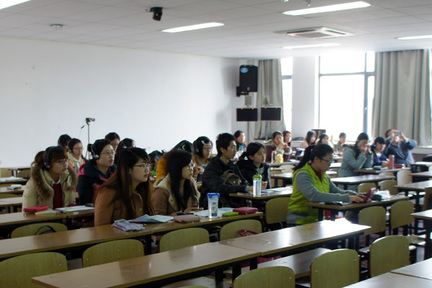I Want to Learn How to Think Beyond Academic Disciplines
Vol.2 2014.03.06 FURUMAI, Hiroaki
Discharge and Reuse in the Urban Metabolistic System of Water
March 6-7, 2014
A sustainable society, as it is understood, hinges upon the construction of a low-carbon society, symbiotic society, and recycling society. In this lecture, I will focus on the “Urban Metabolic System of Water” in the hydrological water circulation, or the process of supplying water for human activities in the society, discharging (eliminating) used water and dealing with (reclaiming) water after it is used. I will talk about water safety, preservation of water environment, and how used water should be reclaimed and reused. The lecture will include basic knowledge about water and applied knowledge of Urban Environmental Engineering.
- Water Circulation and Water Resource
- Public Hygiene and Water Safety
- Water and Sewage System in the Urban Metabolistic System of Water
- Water Reclamation, Water Reuse, and Preserving Water Environment
First, we will gain an understanding of hydrological water circulation and focus on issues of securing water resources, or challenges of how to secure the quality and quantity of water that can meet urban demand and how we live with “water.” I will then lecture on the importance of ensuring public hygiene and responses to diseases that are transmitted through water, referring to the history of water and sewage system in Japan. Next, I will explain the roles and newly expected functions of water system that supplies water as the basis for urban lives and sewage system that collects and processes waste water. Lastly, we will gain a deeper understanding of the significance of creating a sustainable system of water use in the Urban Metabolistic System of Water that coexists with nature, to aim toward the “creation of a healthy water circulation system”
- Instructor
-

- FURUMAI, Hiroaki
- Professor at the Research Center for Water Environmental Technology, School of Engineering. Professor Furumai has served in the current position since 2007, after holding various posts as Research Associate at the Department of Civil Engineering, Tohoko University; Research Associate and later as Associate Professor at the Department of Civil Engineering Hydraulics, Kyushu University; Associate Professor at the Department of Civil and Urban Engineering, Ibaraki University; Assistant Professor at the Department of Engineering, University of Tokyo; Visiting Scholar at Oregon State University (USA) and EAWAG (Switzerland). His fields of research include containment of urban rain water leakage, analysis of pollution on rainy days, evaluation of water quality in reservoirs and rivers as water sources, analysis of small scale water treatment process and optimal control through the use of models. Currently, he is conducting researches on existence forms of urban non-point pollutants (PAH, heavy metals, etc.) and their behavior at rainfall infiltration facilities; real time containment of outflowing water in combined sewerage systems during rainfalls and movements of pathogenic microbes in receiving waters; evaluation of ground surface characteristics by the use of satellite images and information on urban planning and analysis of outflowing water by distributed system models; evaluation of forms of heavy metals and sediment contamination with Bioassay; interplays between particulate organic matters in rivers and the riverbed ecological system.
Post a Comment
- Other Lessons


